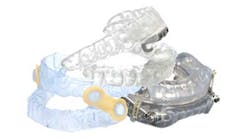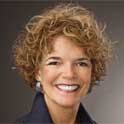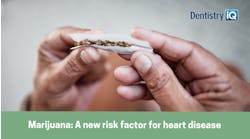Qualifying your practice and substantiating your expertise through a recognized accreditation program is an important step in building strong medical relationships. The American Academy of Dental Sleep Medicine — the only nonprofit, professional society dedicated exclusively to the practice of dental sleep medicine — offers Dental Sleep Medicine Facility Accreditation, which is one of the few ways dentists can show proven proficiency in this fast-growing area of care. Accrediting my dental facility strengthened my relationships with area sleep physicians and increased patient referrals to my practice.
ADDITIONAL READING |Dental professionals can help screen for sleep apnea
With more sleep physicians seeking dentists qualified in dental sleep medicine, facility accreditation serves as an endorsement of a practice’s proficiency and professionalism, showing that the dentist understands that to be successful and provide optimal care he or she must work closely with patients’ primary care and sleep physicians. After obtaining accreditation, I earned more recognition in the medical community and, consequently, more patient referrals from physicians.
In addition, facility accreditation provides third-party validation that an office meets standardized guidelines, follows rigorous protocol, and has procedures in place to address any problems a patient may incur with oral appliance therapy. This recognition better qualifies dental practices for acceptance by medical insurance companies and helps support fair reimbursement for dental sleep medicine services.
I sought accreditation so that I could continue to progress in a field that I love, and it has not only offered a wonderful learning experience but also the opportunity to grow my practice. I encourage all dental sleep medicine practitioners to seek continued education, training, and accreditation in order to remain at the forefront of dental sleep medicine.
To learn more about the benefits and the process for achieving AADSM Dental Sleep Medicine Facility Accreditation, visit http://www.aadsm.org/process.aspx.







